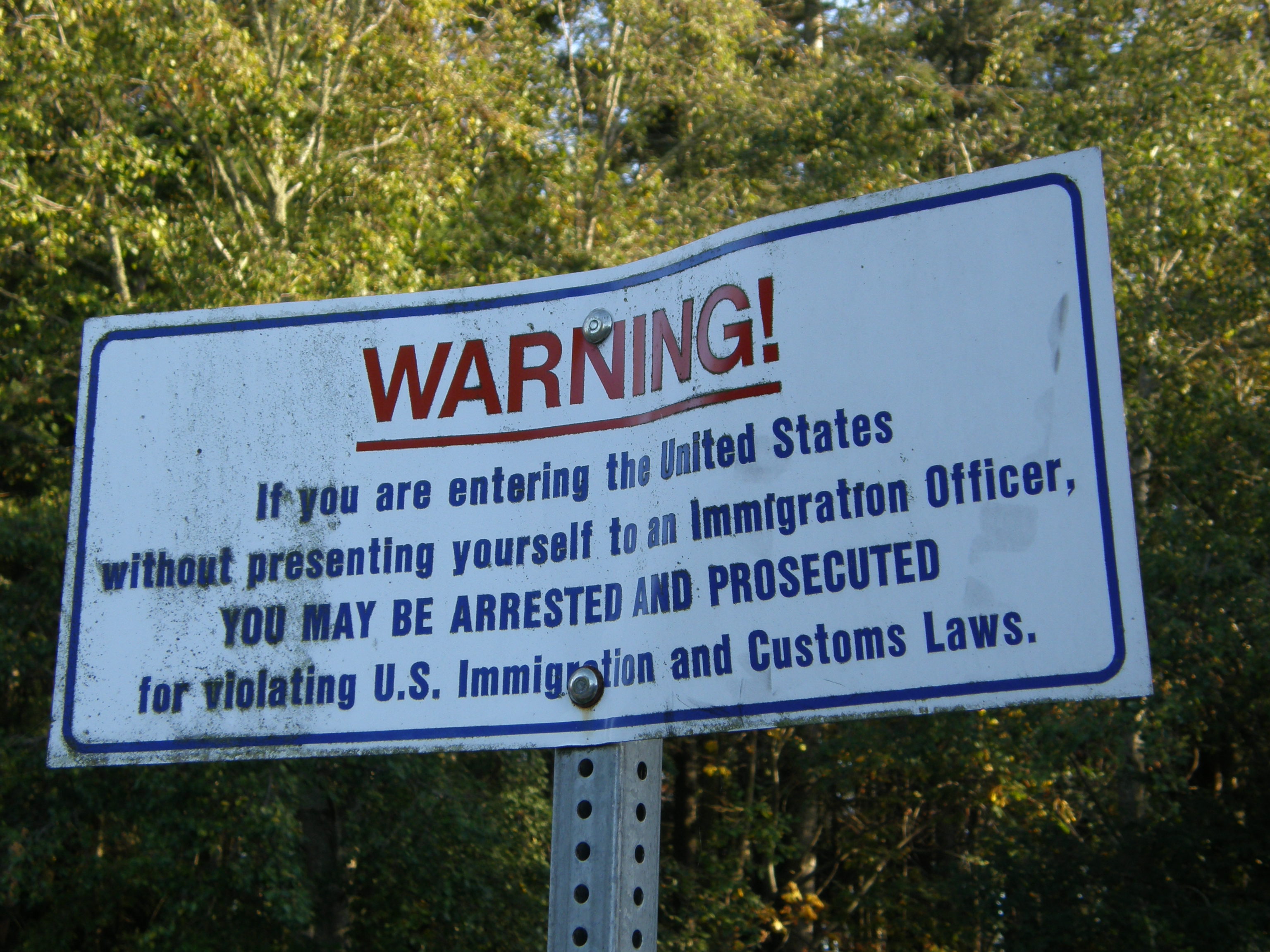Barr or Baldwin?: Comparing the Deviations
 According to this release from his Campaign For Liberty website, Ron Paul has endorsed Constitution Party candidate Chuck Baldwin. How does Baldwin stack up against the Libertarian Party nominee, former Republican Congressman Bob Barr?
According to this release from his Campaign For Liberty website, Ron Paul has endorsed Constitution Party candidate Chuck Baldwin. How does Baldwin stack up against the Libertarian Party nominee, former Republican Congressman Bob Barr?Baldwin is worse than Barr on:
- Immigration (advocates punitive measures at the federal level for those who hire undocumented immigrant workers)
- China (too adversarial)
- Tariffs (very protectionist rhetoric; favors not so protectionist 10% uniform tariff as primary means of federal revenue gathering)
- Veteran healthcare (panders to warhawk nation-worshippers)
- Federal involvement in abortion (favors federal definition of life as beginning at conception, which paves the way for expansion of federal government intervention in state-level policymaking)
Baldwin is better than Barr on:
They are comparable on other issues. Baldwin is definitely more radical generally, if his rhetoric is any measure. I am not sure that either one "gets it." I don't know for certain where Baldwin is on the War on Drugs, but I suspect he would oppose federal involvement in the issue. Barr is a relatively recent convert to the anti-prohibition cause, having been a Marijuana Policy Project lobbyist for nearly two years. Libertarian radical Anthony Gregory said today, "I trust Baldwin more on the issue, since he has never actually put people in jail for drugs."- Income tax (abolition + low uniform tariff vs. national sales tax + abolition)
- Social Security (abolition vs. "system of private accounts")
- Sound money (abolition of Fed vs. "reconsidering the Fed")
- US involvement in the UN (total withdrawal vs. "[t]he U.S. should push to roll back the UN's functions and slash America's financial contribution")
Bottom line: Both Barr and Baldwin are more libertarian than the socialist Obama, national socialist McCain, green socialist McKinney, or pop-foreign intervention socialist Nader. Both deviate from the libertarian plumbline in ways that are problematic for those seeking to cast a vote that doesn't appear to advocate aggression.
(Position comparison gleaned from Wikipedia.)
Labels: Bob Barr, Chuck Baldwin, Constitution Party, libertarian party, plumbline libertarianism, Ron Paul
 On August 25, hundreds of armed federal Immigration and Customs Enforcement (ICE) agents
On August 25, hundreds of armed federal Immigration and Customs Enforcement (ICE) agents 